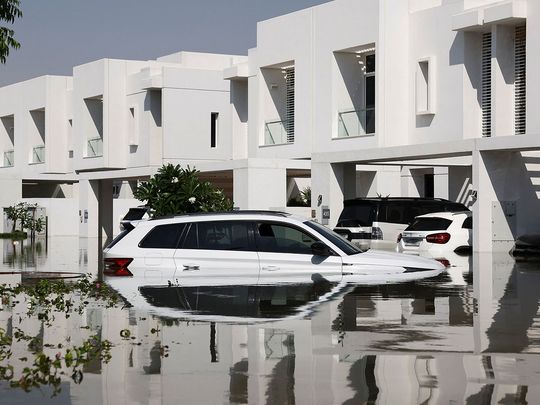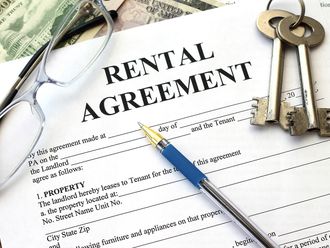
Dubai: Homeowner associations in Dubai have started to receive approvals from RERA to use their emergency/reserve funds to take on urgent repair works of common areas in communities and high-rises alike. This will come as much-needed relief for homeowners and residents at these properties as that would reduce the chances of any delays in initiating damage repairs.
Otherwise, they would have had to wait for the buildings’ insurers to release funds against claims submitted to them by the owner associations of property management companies. And that would take longer to process.
All of the leading communities and buildings have emergency or reserve funds in place, where a portion of the service charges collected from property owners are placed. These are supervised by RERA (Real Estate Regulatory Authority) and any use of the funds will have to receive prior approval from the entity. (RERA also approves the annual service charges at freehold developments.)
This is what owner associations and their property managers can now use. “Based on what’s available in the emergency funds, we will soon be issuing contracts to start on immediate repairs to common areas,” said an official with a property management company. “We have more or less got an estimate of what the costs would be after the April 16 rains.”
Once the buildings' insurers release payments against claims, these emergency funds can be replenished. For now, though, getting the repairs done is the priority.
Will emergency funds prove enough?
Now, where a problem could arise is if these reserve funds don’t have enough to cover the repair works. At some communities and high-rise towers, collection of service charges from property owners continue to be far behind what they should ideally be.
Even after property management companies got tough on these collections – by denying defaulting property owners access to common areas such as pools and gyms – these emergency funds are still in deficit.
“We can’t really blame the owners association managers if all property owners are not paying their service charge dues,” said Hitesh, who’s a resident in Liwan. “Ultimately, it’s about every property owner pooling in and realizing that this is their asset to preserve. Timely payment of service charges is the only way to do that.
“The owner association companies have done their best after the April 16 events, but they can only do so much with the funds available to them. When property owners don’t pay, it’s the other residents who suffer.”
What RERA is allowing
- The OA companies must submit requests directly to the banks for disbursals from the emergency funds.
- These requests will need to be backed by all required documents, including invoices, delivery and incident reports.
A balancing act
While having access to the emergency funds will be a relief, there are other details that property owner associations need to look into. Because getting the insurance claims processed could take time, and in the past, disbursals have happened in 4-6 months. Given the unprecedented nature of the April 16 rains and damages, everyone's hoping that insurers will speed up the payments.
Another major issue will be how these emergency funds can be used. Will they only be applicable for damages to common areas?
Some property owners say their own homes have been impacted by damages caused to common areas. "Why should we pay for damages that resulted from common areas not being kept well and water having spilled over into the apartments,” said Sharon, a resident at a high-rise cluster.
Owner associations and property managers have some fast decisions to make in the coming days.










